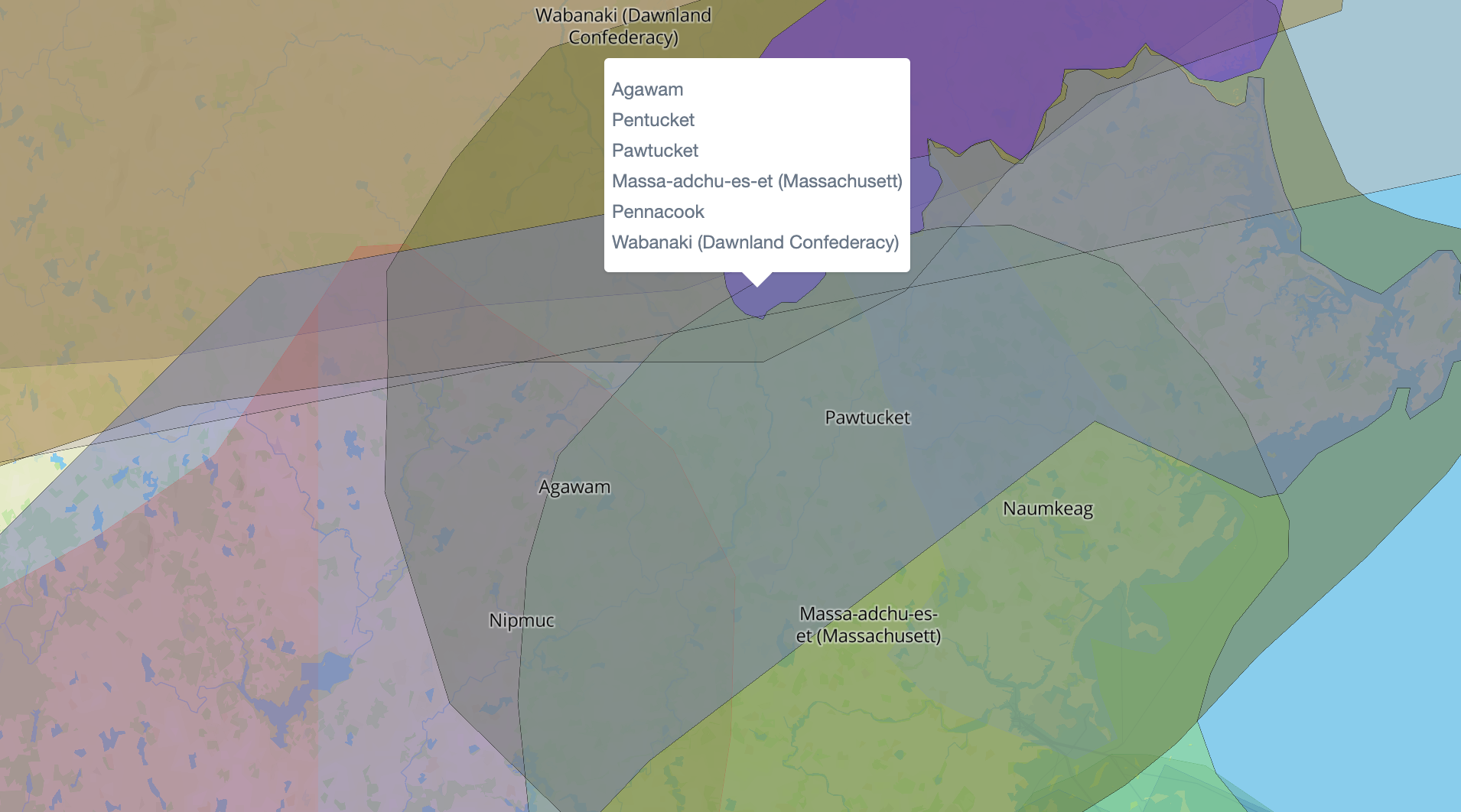We must acknowledge that the land in Lowell is that of the Pennacook. However, acknowledging the Pennacook as sovereign of this land is complex and not the entire story. After rampant colonization carried out through genocide, biological warfare, slavery, and other inhumane methods, the Pennacook were no longer present in Lowell by the beginning of the 18th century. This in no way means that there is no longer any Native American presence in Lowell, nor that there hasn’t always been. Local indigenous people will refer to themselves as Pawtucket, Abenaki, Wamesit, or even Pennacook, indicating the long and intricate history of this place. This is a place where multiple indigenous peoples over time have called their home.
Massachusetts is unique in its indigenous history, known as one of the first places where colonizers settled in North America. This also means that this was one of the first places where indigenous people were confronted with colonial violence. The current Native American population in Massachusetts, including here in Lowell, is a testament to the resilience of the indigenous people, as well as their venerated connection to the land here.
Only when we acknowledge this land and its history properly are we able to understand an adequate method of recovering from an unjust past. We ask you all to educate yourselves further on the indigenous presence and contributions to Lowell, or wherever you consider your home. It is not the burden of those indigenous populations to educate us and earn our respect. We are living on land that was stolen, and by educating ourselves and connecting with our local indigenous groups and organizations, we together can work on creating a more equitable and realistic community that works for us all.
With this acknowledgement, we hope that these facts will be influential and present in our working toward a better reality.

